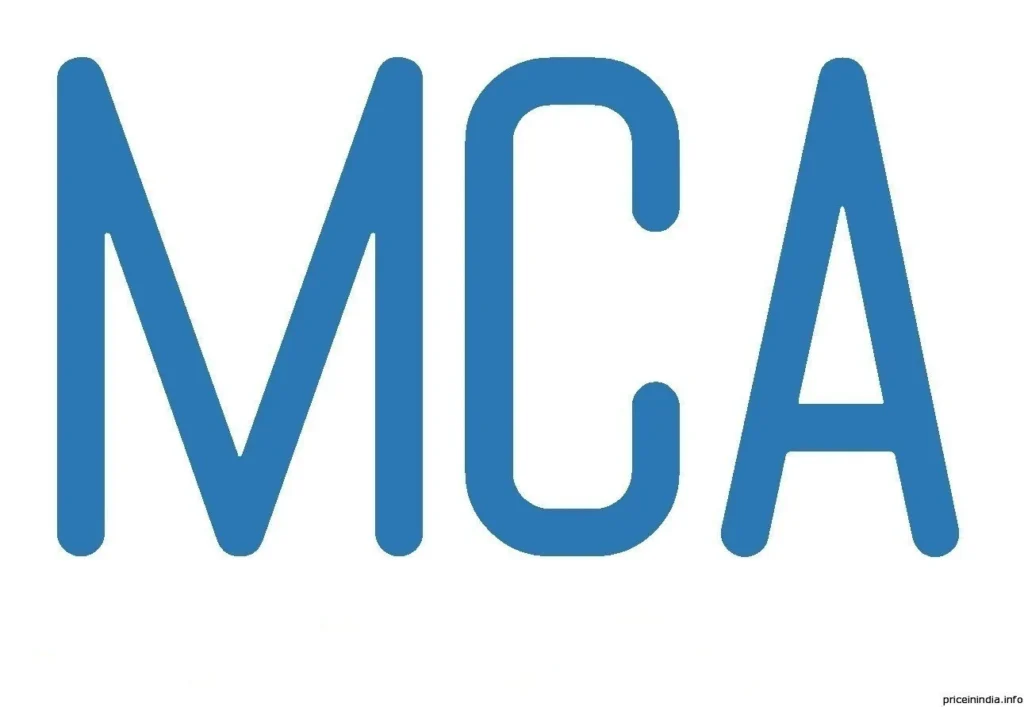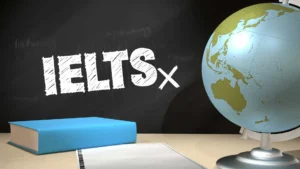How to Prepare for MCA Admissions: Eligibility and Application Checklist

What does it take to secure admission into a Master of Computer Applications program? How can aspiring students ensure they meet the necessary requirements? As competition for postgraduate programs increases, a well-planned approach can make the process smoother.
Before applying, candidates must review the academic prerequisites, entrance exams, and submission deadlines. Specifically, knowing how to align your application with the expectations of top engineering institutes in India is essential to ensure that all requirements are met. Along with fulfilling academic conditions, applicants must also prepare documents, financial plans, and supporting materials to strengthen their submissions.
Educational Qualifications Required
Admission into this postgraduate program requires a solid foundation in mathematics and computing. Universities expect candidates to hold a bachelor’s degree in disciplines such as computer science, engineering, or information technology. Some institutions also accept graduates from other fields, provided they have studied mathematics at some stage in their academic journey.
Additionally, applicants must secure a minimum percentage in their undergraduate studies, which varies between institutions. Many universities also consider overall academic performance, including coursework and research projects, before granting admission. A strong academic record increases the likelihood of securing a place in one of the top engineering institutes in India.
Entrance Exams and Score Requirements
Most universities require candidates to clear an entrance test before granting admission. These assessments evaluate proficiency in logical reasoning, quantitative ability, and problem-solving. The weightage assigned to these exams differs by institution, with some programs emphasizing technical knowledge while others focus on general aptitude.
Preparation for these assessments requires consistent practice in mathematics, programming fundamentals, and analytical skills. Many candidates choose to enroll in coaching programs or use online resources to enhance their performance. A well-planned study schedule can help improve test scores and increase the chances of admission to a preferred institution.
Checklist for a Successful Application Process
A structured approach to the submission process ensures that all necessary documents are prepared and submitted on time. Some of the essential components include:
- Academic Transcripts – Certified copies of undergraduate degree marksheets.
- Entrance Exam Scores – Official results from the qualifying test.
- Personal Statement – A well-written essay detailing academic interests and career aspirations.
- Letters of Recommendation – Endorsements from professors or industry professionals.
- Proof of Identity – Government-issued identification documents.
Maintaining a checklist helps applicants stay organized and prevents last-minute delays. Universities may also request additional paperwork, such as financial proof or migration certificates, depending on individual policies.
Understanding Course Structures and Specializations
Before finalizing the admission process, candidates should research different institutions and the academic programs they offer. Some universities provide general coursework, while others have specialized tracks in fields such as artificial intelligence, cybersecurity, or software engineering.
The curriculum typically includes subjects related to database management, programming languages, and system architecture. Those who prefer research-oriented programs should look for institutions that provide thesis-based learning. Understanding course details in advance allows applicants to select a program that aligns with their career goals.
Financial Considerations and Scholarship Opportunities
Tuition fees and additional expenses are important factors to consider when planning for postgraduate education. Many institutions offer financial aid, scholarships, or installment-based payment options to support students. Merit-based awards and government grants are also available for those who meet specific academic criteria.
Aspiring students should explore different funding opportunities and apply for scholarships early to improve their chances of receiving financial support. Planning for expenses in advance helps ease the financial burden and allows for a more focused academic journey. Securing admission into a postgraduate computing program requires careful planning, preparation, and an understanding of institutional requirements. Meeting the expectations of top engineering institutes in India ensures that candidates can move forward in their application process with confidence. By researching programs, preparing for entrance exams, and organizing necessary documents, aspiring students can enhance their chances of gaining admission into a preferred institution.







